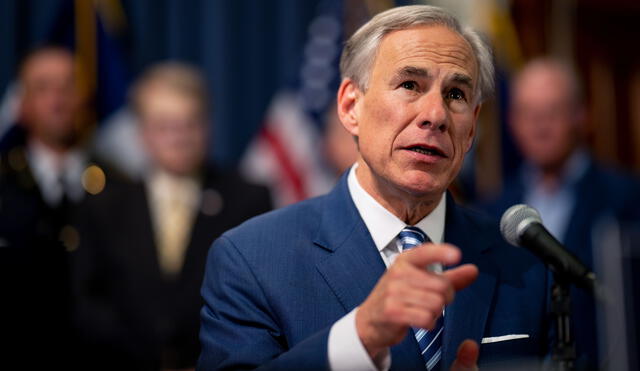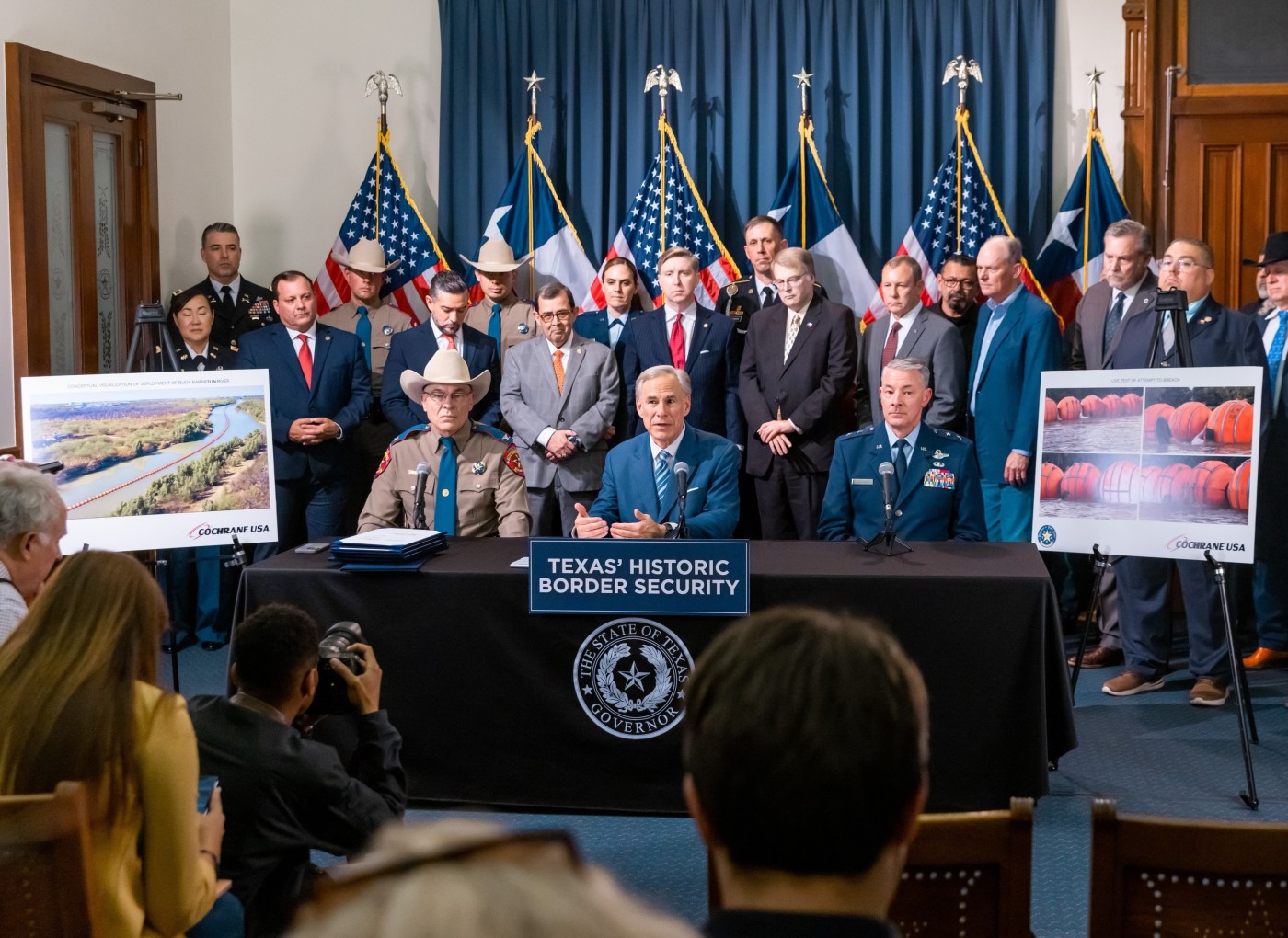Texas Governor Proposes Bill to End Birthright Citizenship
Greg Abbott, current Texas Governor, proposes to restrict this right exclusively to those born in the United States whose parents are citizens, permanent residents or members of the military.

The right to birthright citizenship, guaranteed by the 14th Amendment to the U.S. Constitution, is under threat. A bill led by Texas Governor, Greg Abbott, in support with Republican Congressman, Brian Babin, seeks to transform this historic entitlement. The proposal would limit automatic citizenship only to those born on U.S. soil whose parents are citizens, permanent residents or active members of the military.

Texas Governor announcing the border bill. Photo: Texas.gov.
Controversy across the country
“It's going to have a huge impact on our immigration system because it's going to close loopholes that exploit birthright citizenship, and it will discourage illegal immigration and put an end to the misuse of this privilege, which is really totally misunderstood,” Babin told Fox News. “I don't want anyone to say I'm opposed to immigration. My ancestors also immigrated. I have a daughter-in-law. She's from Brazil, she married my son, and she's a proud American citizen, but she did it legally. And we can't continue to have this abuse.”
The debate took on urgency following the signing of an executive order by President Donald Trump, who seeks to eliminate automatic citizenship for the children of undocumented immigrants. This move generated a wave of lawsuits and reactions across the country.
Background of the law in Texas
Since 1868, the 14th Amendment has guaranteed citizenship to anyone born in the United States, regardless of the immigration status of their parents. This principle, confirmed by a Supreme Court ruling in 1898, is, to this day, a pillar of inclusion and national development. However, detractors such as Babin argue that this right was misinterpreted and exploited through so-called “maternity tourism.”
According to the Pew Research Center, approximately 4.4 million U.S.-born children live with at least one undocumented parent. In Texas, one of the states with the largest immigrant population, the impact of a change in legislation would be meaningful, affecting about 8% of households.
Trump’s impulse and lawsuits against citizenship reform
The attempt to redefine the concept of citizenship in the United States comes in a highly polarized political climate, with immigration control at the top of the Republican agenda. The executive order pushed by Donald Trump gave new impetus to efforts to implement this controversial reform. However, the advancement of these measures met with strong opposition from organizations such as the American Civil Liberties Union (ACLU), that filed immediate lawsuits, arguing that the reform is unconstitutional.
Anthony Romero, executive director of the ACLU, described it as “a ruthless attack on America's fundamental values”. In this sense, he warned that this initiative could trigger a humanitarian crisis by denying essential rights to millions of children born in U.S. territory.
